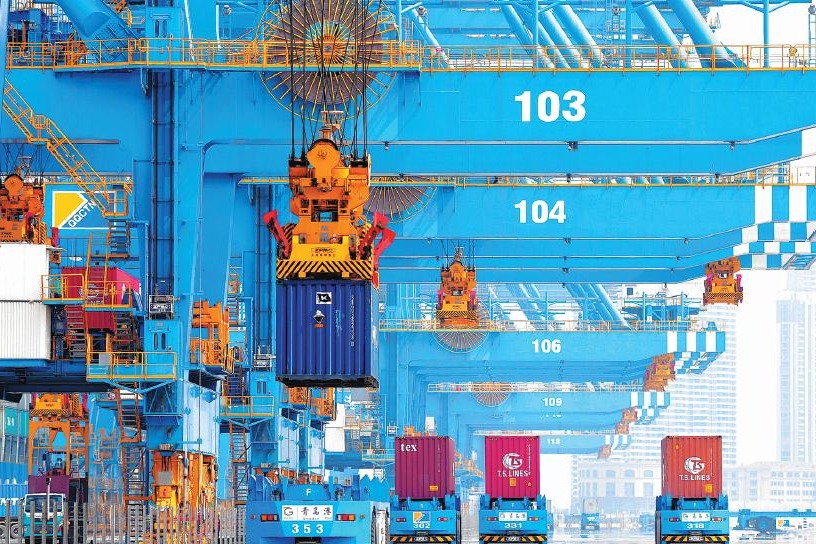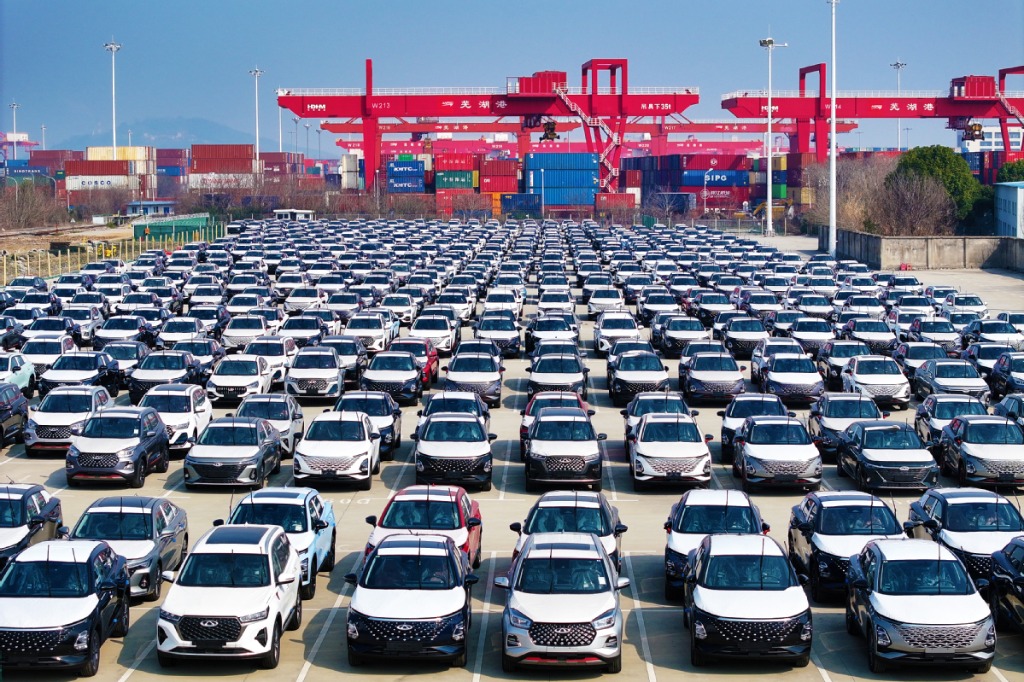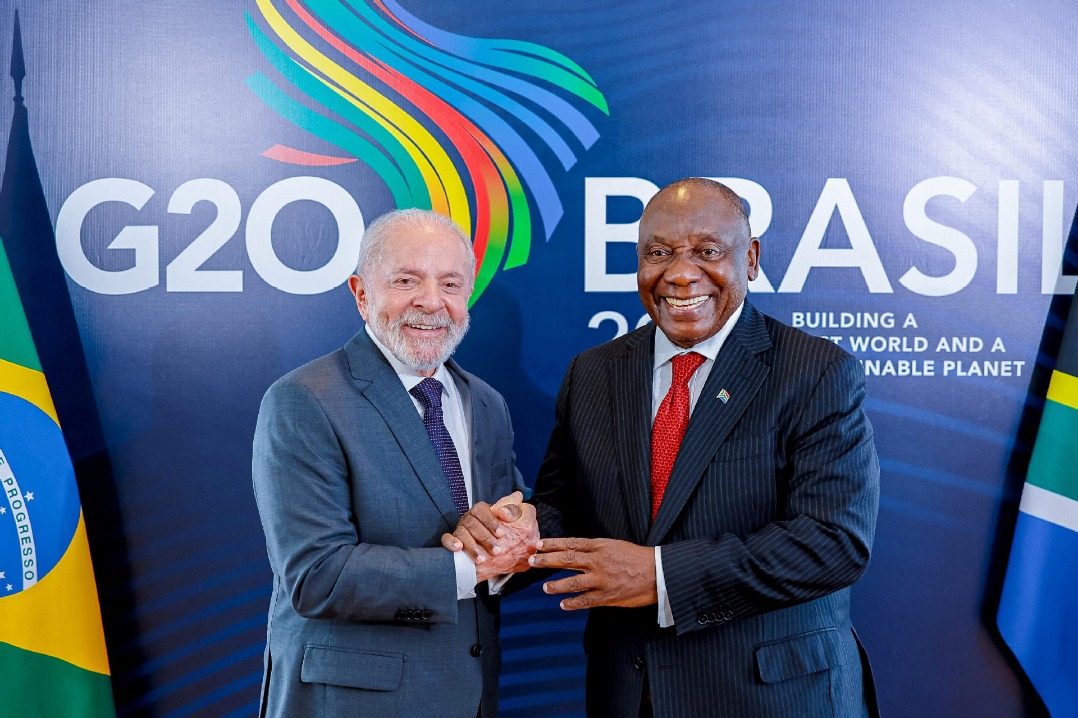Trump can do a business deal with China

Editor's note: In recent years, China has made significant strides in pursuit of high-quality economic and cultural development. And it has also demonstrated its commitment to build a prosperous society and promote Chinese modernization through innovation and reforms. Four experts share their views on the issue with China Daily.

How can China achieve a breakthrough deal with the next US administration after Donald Trump assumes office on Jan 20 despite the wide expectation he would implement highly disruptive domestic and foreign policies?
The best-case scenario would be the two countries holding discussions to negotiate and sign a concise but comprehensive "package deal" that better aligns with their economic needs and goals and is conducive to the peaceful coexistence of China and the United States. Such a breakthrough deal will be necessary to end the worldwide financial crisis that will be triggered by an escalating trade war, destabilizing the two largest economies which account for 41 percent of the global GDP.
Unlike any other US president, Trump is an excellent business deal-maker who could happily sign a two-page agreement creating a new, mutually beneficial framework for Sino-US relations, if the agreement dramatically stimulates the US economy and creates millions of jobs in the US.
The worst-case scenario is the US intensifying the tariff and trade wars, and triggering confrontation in the high-tech sector, in a bid to prevent the "Made in China 2025" plan from achieving success.
The worst-case scenario was summarized by former US secretary of state Henry Kissinger: "Unless there is some basis for cooperative action the world will slide into a catastrophe comparable to World War I. Military technologies available today make such a crisis even more difficult to control." In one of his last interviews, Kissinger sadly said a war between the US and China was "probable".
Trump's reelection as US president has now made a catastrophic breakdown in US-China relations "probable". But it has also made a constructive breakthrough possible either through an early agreement between the two countries or later through a sudden breakthrough deal essential for the benefit of the US economy and people.
US trade wars can trigger a financial crisis and stop the functioning of the global credit and capital market. In such a situation, only a breakthrough agreement between the two countries will be able to restore business confidence and reinvigorate the capital and credit markets quickly enough to stop the collapse of the global financial, economic and trading systems.
Trump's reelection has created a unique opportunity for achieving a breakthrough in US-China relations, because only Trump can ignore the entrenched hostile views of China in the US' traditional policy-making establishment, think tanks and bureaucracy.
Trump realizes that traditional Sino-US economic relations can no longer meet the US' growth and national security needs. That is why he is likely to make major changes in the US' domestic and foreign policy. The Republican Party's control of both the House of Representatives and Senate can make many of Trump's radical policies clear and present dangers.
However, Trump is a presidential deal maker who can overcome the key problems economist Larry Summers warned of in US policymaking. "Can the United States imagine a viable global economic system in 2050 in which its economy is half the size of the world's largest? Could a political leader acknowledge that reality in a way that permits negotiation over what such a world would look like? While it might be unacceptable to the United States to be so greatly surpassed in economic scale, does it have the means to stop it? Can China be held down without inviting conflict?"
Trump won a clear mandate because many American voters liked the economic policies he claimed he would implement as US president. The voters elected him to force change.
Since his tariff war and trade policies that demanded unrealizable concessions from China failed during his first term, he has indicated to impose 60-100 percent tariffs on Chinese goods, which he unrealistically believes will force China to accept his demands. The failure of his first term's tariff policies foreshadows the failure of his second term's even more extreme trade war.
The reality that will eventually prevent Trump from achieving his unrealizable demands is that neither the US nor China can win relentless zero-sum game competitions. Given that leaving behind a widely appreciated, successful breakthrough economic deal with China is better than causing a catastrophic economic confrontation, Trump's legacy could be either achieving a breakthrough deal with China or causing the global financial system's collapse.

The views don't necessarily reflect those of China Daily.
If you have a specific expertise, or would like to share your thought about our stories, then send us your writings at opinion@chinadaily.com.cn, and comment@chinadaily.com.cn.


































